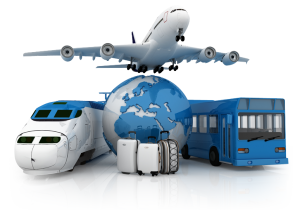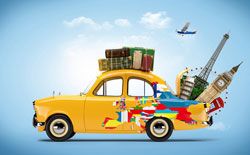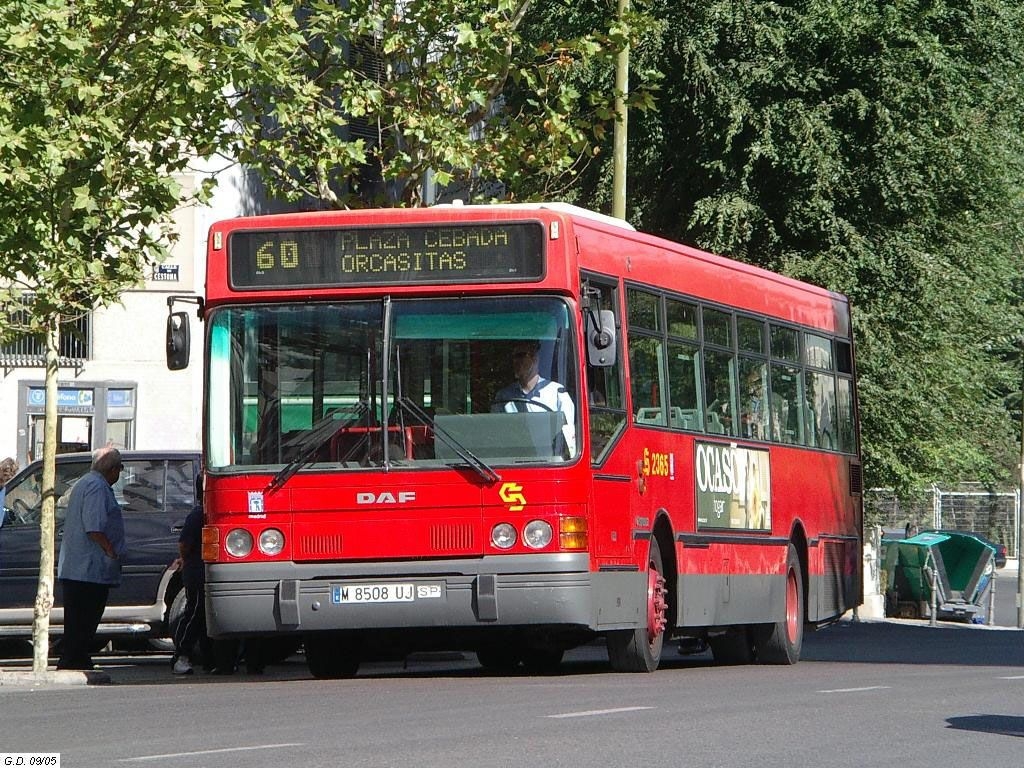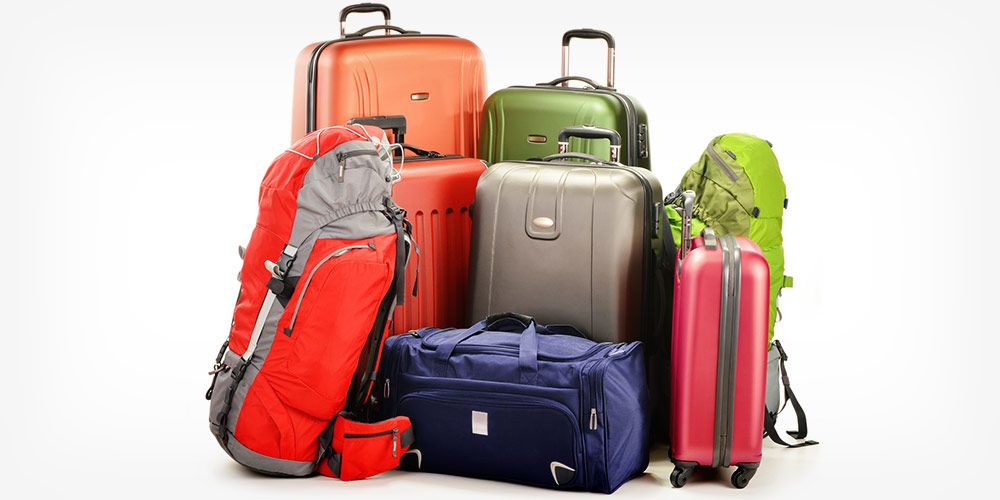By car, motorcycle or public transport, at home or abroad, every journey must seriously prepared. Get all the information before and
always remain careful to fully appreciate it.
Preparing for your journey
-
Before traveling, obtain travel information from the Traffic Information Centre by calling 011 (Spain number), or the Dirección General de Tráfico website www.dgt.es.
-
Plan your journey in advance avoiding peak hours and periods.
-
On peak periods try to avoid busy roads.
Advice to drivers
-
The day before your journey try to rest and get enough sleep.
-
Take a break every 200 Km or every two hours, keep the vehicle ventilated and talk to the passengers to stay awake.
-
Avoid heavy meals.
-
Alcohol and drugs (even some legal drugs) are incompatible with driving. Drivers can be tested for alcohol and drugs.
-
Find a safe place to stop, not on the hard shoulder of the road, stretch your legs and get some fresh air.
-
Motorcyclists and motorbike passengers must always wear helmets
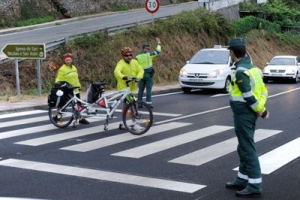
-
Concentrate on driving. The use of headphones connected to audio devices, radiotelephones or phones is not permitted.
-
Keep a safe distance between yourself and other vehicles and remember to keep a minimum distance of 1.5 metres when overtaking pedestrians and two-wheel vehicles.
-
Do not set yourself goals regarding time or distance.
-
Respect speed limits. Adapt your speed to the conditions of the road, the traffic flow and the weather conditions.
-
Wear comfortable clothes and footwear appropriate for driving.
-
Keep at hand any personal object that you may need while driving.
-
If you wear prescription glasses do not forget to take a spare pair.
-
Always wear a seatbelt. Children under three must wear an approved car seat that should be adapted to their height and weight.
-
Keep your car serviced. In case of breakdown put a warning triangle on the road behind your broken-down vehicle and wear a fluorescent waistcoat in order to be seen by other drivers.
-
In case of accident follow these steps
-
Protect yourself from oncoming traffic
-
Call the emergency service
-
Help injured people.
-
If you travel by car
-
Park your car in a place where it can be easily seen.
-
Do not leave the car open. Lock the car and activate the alarm if it has one.
-
Leave the windows closed.
-
Place items out of sight.
-
Bear in mind that some criminals pretend to have a car breakdown. If you have any suspicion, call the police, Guardia Civil (062) National Police (091) or in any case the emergency number 112 (Spain number), and use SOS posts.
-
Do not allow strangers to get in the car.
-
When driving in town, lock the doors when the traffic is slow.
-
It is advisable to have the car registration number engraved on the windows and windscreen.
-
Inform the relevant police force of any unusual event (Guardia Civil on 062) or, the emergency services on 112 (Spain number).
If you travel by public transport
-
While waiting, do not leave your luggage unattended. Use left-luggage lockers.
-
Do not check-in luggage from strangers.
-
Use appropriate clothes for traveling. Pockets that can be closed (buttons, zips) are more secure. Avoid carrying large amounts of cash.
-
Be particularly aware of your handbag or pockets in busy crowded situations (access to back pockets of trousers and side pockets of jackets is very easy)..
-
When queuing to buy tickets be aware of your luggage.
-
Do not leave handbags unattended on seats on buses/trains or at shelters or toilets.
-
Carry your money and credit cards in different places.
-
Fewer cases are easier to control.
-
Inform security guard or police of any unusual event.
What to do when arriving at the scene of an accident
-
Do not rush towards any crashed vehicle. First, to avoid more people being injured, warn other drivers. Keep calm and think of your safety and the safety of other road users.
-
Call the Guardia Civil (on 062) or any other police force in the area, and the emergency services by calling 112 (Spain number).
-
Stop the engines of vehicles involved in the accident. Do not touch the gear levers.
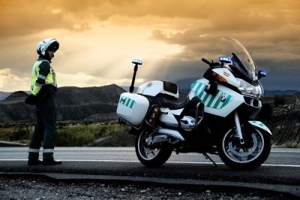
-
When providing first aid do not move casualties that are trapped or unconscious. Wait for the medical services to arrive. Only use first aid techniques if you are trained and competent.
-
Do not move the vehicles involved in the accident.
-
Take note of any vehicle involved in the accident that leaves the scene of the accident.
-
When traffic officers arrive provide them with all the information.
-
Collaborate with the traffic officers and the medical services.
Foreign travel recommendations
If you travel abroad you should consider the following aspects:
-
What should I do before traveling abroad?
-
What should I do when traveling abroad?
-
Register yourself as a traveler. What should I do in case of an emergency
-
What can the Consulate do for you?
-
Travel safe, travel informed
-
Foreign embassies accredited in Spain


